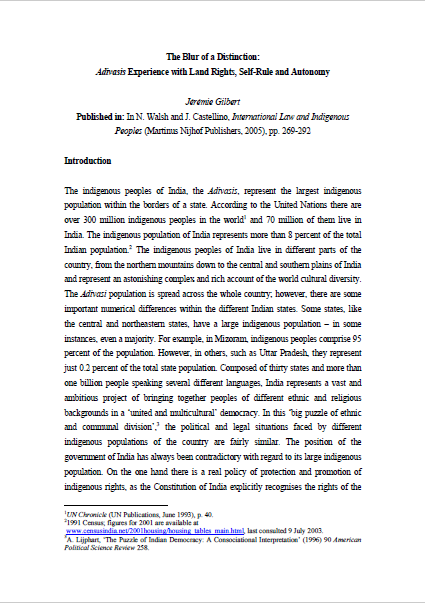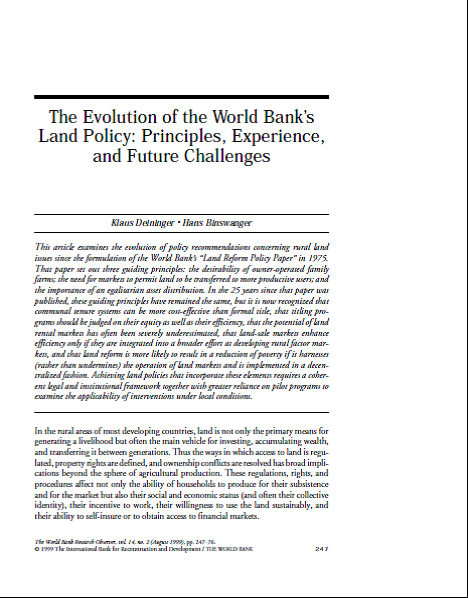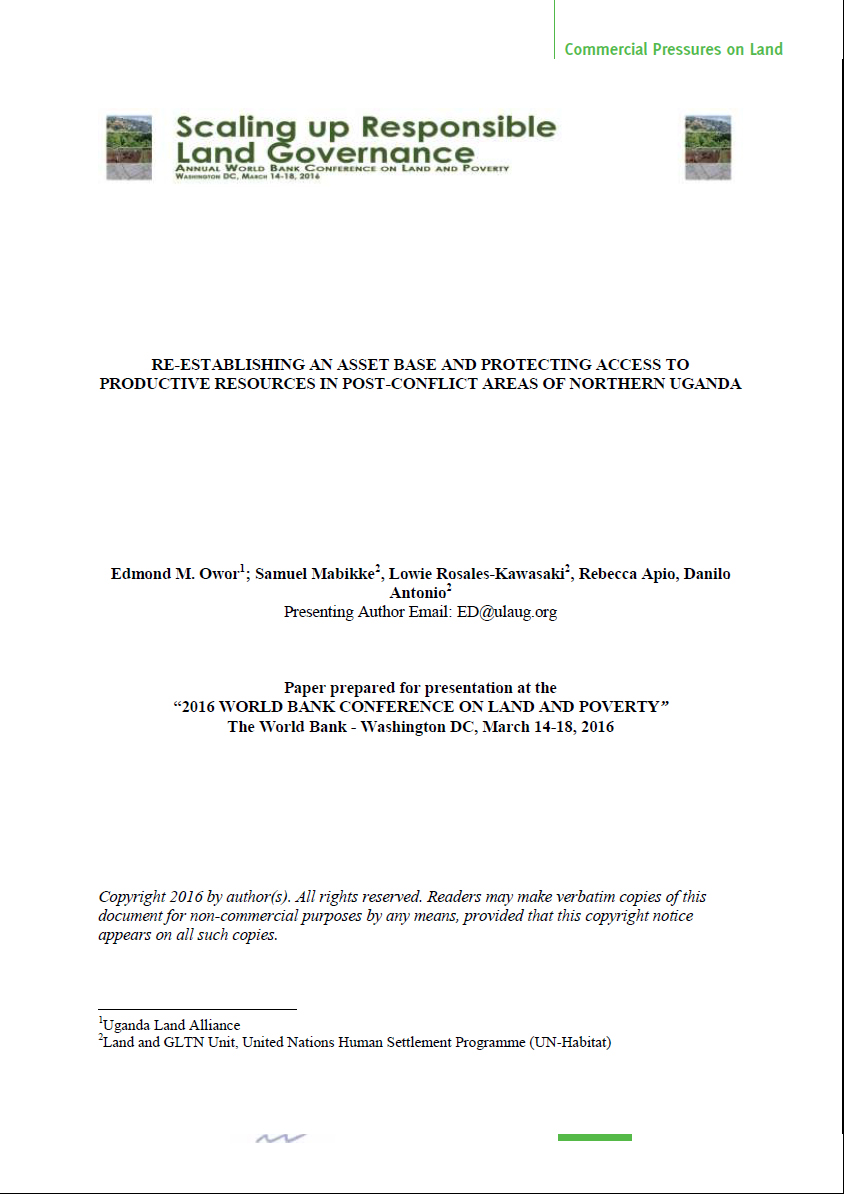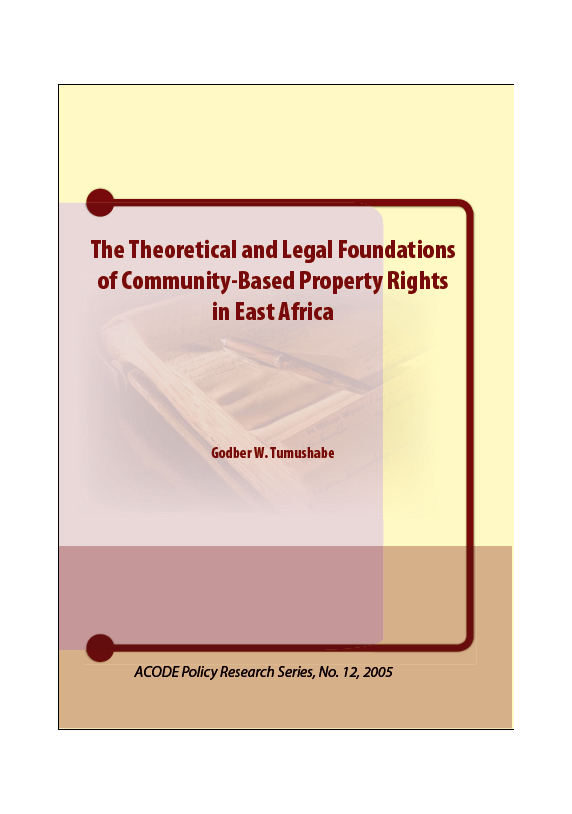Rural Agricultural Livelihood Survey
The Rural Agricultural Livelihood Survey (RALS) is a new panel survey designed to obtain a comprehensive picture of Zambia’s small- and medium-scale farming sector using the 2010 census sampling frame. An earlier household panel survey for rural Zambia was the Supplemental Surveys (SS) of 2001, 2004 and 2008, which enabled the publication of a large set of important research outputs by IAPRI, Michigan State University and a range of Zambian and international partner organizations.










